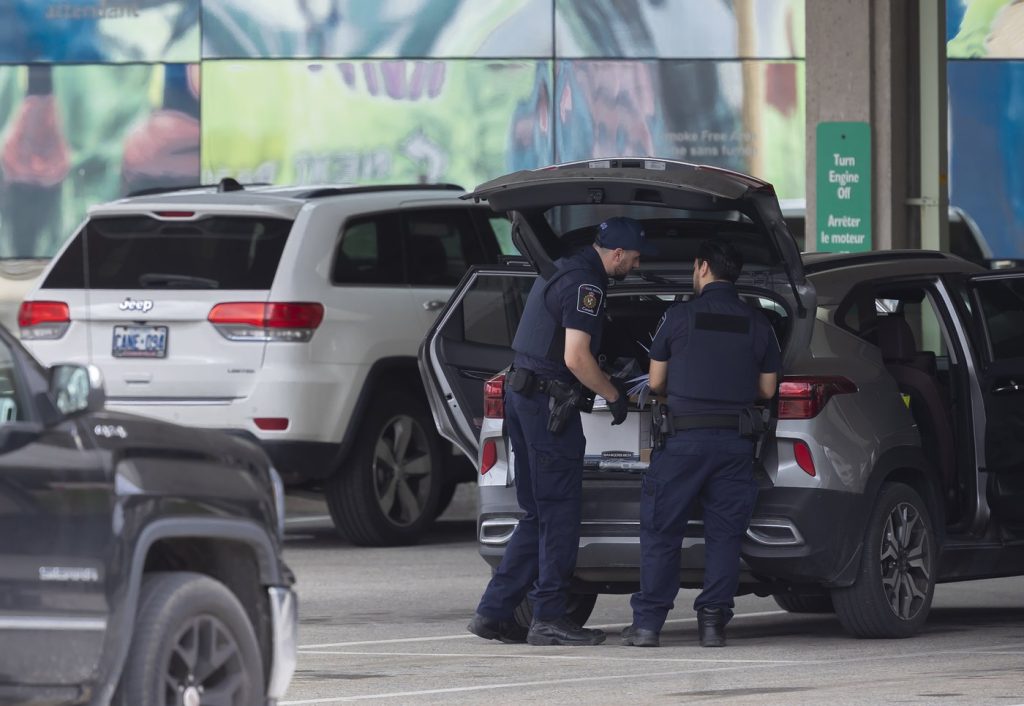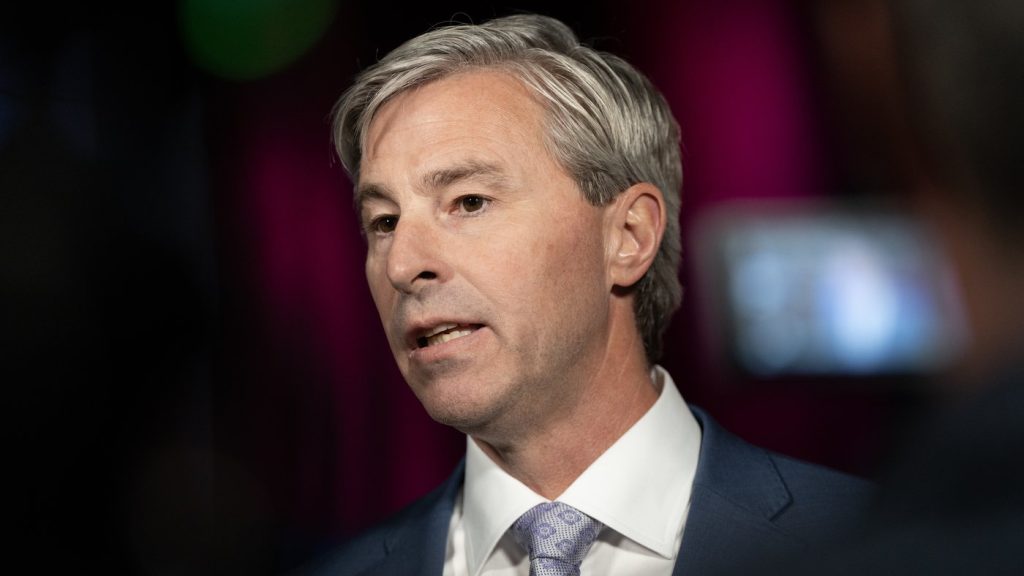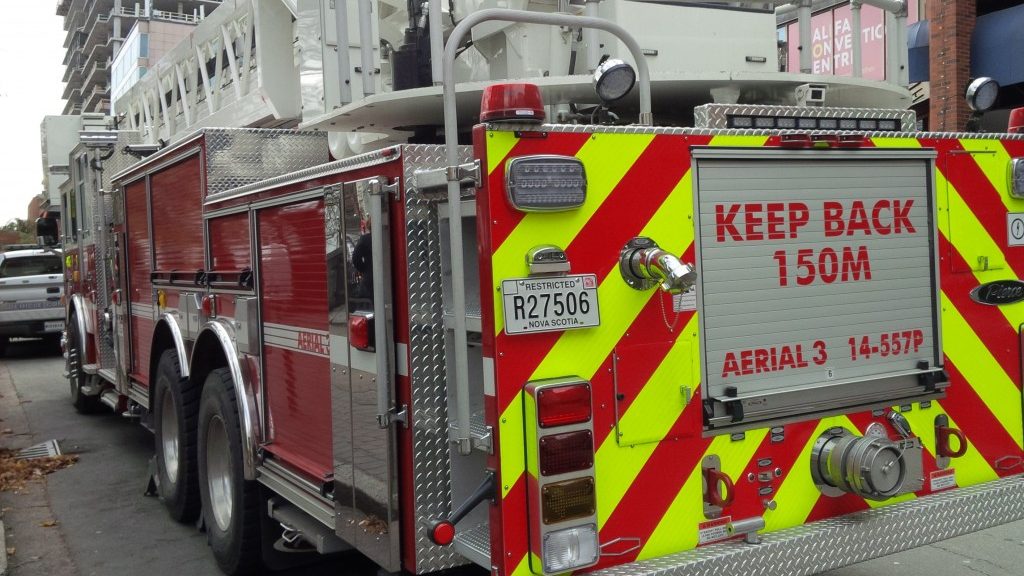Civil society groups push to ensure effectiveness of coming border agency watchdog

Posted Jan 10, 2025 05:00:16 AM.
Last Updated Jan 10, 2025 05:03:36 AM.
OTTAWA — The fight for an independent review body to keep an eye on Canada’s border agency may be over, but there are lingering concerns in civil society circles about how much bite the new watchdog will have.
Travellers, immigration detainees and others who feel they have been mistreated by the Canada Border Services Agency will be able to complain to the Public Complaints and Review Commission once it begins operating.
The border agency’s thousands of employees manage the flow of millions of travellers and commercial shipments entering Canada annually. They collect, analyze and distribute information about people and goods at border points, air terminals and seaports.
Border officers can stop travellers for questioning, take blood and breath samples, and search, detain and arrest people without warrants.
Currently, an internal border agency unit handles complaints from the public, while other bodies – including the courts, the federal privacy commissioner and the National Security and Intelligence Review Agency – examine various concerns.
But the border agency has never been overseen by a dedicated, independent complaints and review body.
The new commission, which will also monitor RCMP activities, builds on the existing review body for the national police force.
Members of the public will be able to submit complaints to the commission about the conduct of a border agency or RCMP officer, or the level of service provided. The new body will also review complaints from detainees held in border agency facilities.
The commission also will have the power to carry out systemic reviews of border agency and RCMP activities.
Organizations that defend civil liberties, human rights and the rights of refugees and migrants can file complaints with the new review body.
Civil society groups welcome the prospect of greater scrutiny of the border agency. They also say they want to ensure the commission investigates complaints about patterns of abuse, and ensure that claims raised by concerned groups are not rejected on baseless grounds.
“For both the RCMP and the CBSA, there’s the underlying question of, how do we move beyond just individual complaints to ensuring that systemic issues are reviewed and addressed?” said Tim McSorley, national co-ordinator of the Ottawa-based International Civil Liberties Monitoring Group.
The group’s dozens of members include Amnesty International, the Canadian Council for Refugees, the National Council of Canadian Muslims and the Public Service Alliance of Canada.
McSorley said he hopes that discussions with federal officials will clarify how the new commission will work with the National Security and Intelligence Review Agency, as well as the kinds of complaints that interested third parties will be allowed to make.
The government plans to spend $112 million over five years, and more than $19 million a year ongoing, to establish the new review body.
Public Safety Canada says work is underway to get the commission up and running, though no start date has been announced.
“I think we always welcome transparency and oversight,” said Aaron McCrorie, the border services agency’s vice-president of intelligence and enforcement.
As an example, McCrorie pointed in a recent interview to the long-standing practice of having the Canadian Red Cross monitor conditions at the border agency’s immigration holding centres.
The agency has assigned employees to liaise with the new watchdog agency, he indicated.
“We’re well-positioned and welcome the opportunity to demonstrate to Canadians how well we’re running the program,” he said.
This report by The Canadian Press was first published Jan. 10, 2025.
Jim Bronskill, The Canadian Press








